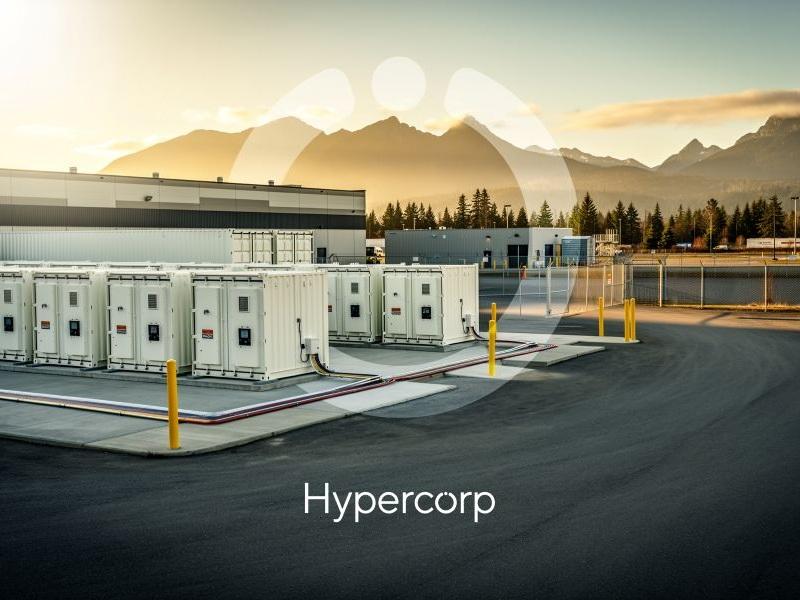
The strategic alliance will provide companies with a roadmap to cut carbon emissions across the value chain. (Courtesy, ClearBlue Markets)
ClearBlue Markets and Deloitte Canada have announced an alliance to provide consulting and support to companies dealing with increasingly complex climate and carbon reporting requirements.
At a time when regulators are beginning to introduce standards around the costs of carbon and climate disclosures, the partners plan to provide tools for companies to implement carbon reduction strategies across their value chains.
“Having that combination of deep insights on carbon markets, combined with a really strong, reputable brand, helps companies make choices on how they’re going to proceed,” Fiona Oliver-Glasford, president of ClearBlue Markets, told SustainableBiz.
“Whether it’s to understand market trends or adjust to regulations, (the alliance will) give them the confidence to know where to start their journey.”
ClearBlue Markets, headquartered in Toronto, is a carbon markets company that provides products and solutions for carbon compliance and offset strategy development and carbon market policy and risk assessments.
It also provides demand and supply analysis and price forecasting solutions for offsets, carbon credits and renewable energy credits, transaction facilitation, and offset development.
Deloitte Canada provides audit and assurance, consulting, financial advisory, risk advisory, tax and related services to public- and private-sector clients spanning multiple industries in more than 150 countries.
Opportunities for growth
The move is also expected to strengthen Deloitte’s Centre for Sustainability and Climate Action, giving it analysis and insight into compliance and voluntary carbon markets.
“There has been a fundamental shift in how our clients think about the value of carbon as they navigate compliance and voluntary commitments in the market,” said Henry Stoch, partner and national leader, sustainability and climate change at Deloitte Canada, in a statement.
“Aligning Deloitte with ClearBlue Markets strengthens our mutual capabilities to guide clients through carbon policy impacts and ultimately inform and optimize their carbon positions.”
The Centre for Sustainability and Climate Action is a global practice serving clients who need to redefine their strategies, create sustainability plans, or meet tax, disclosure and regulatory requirements.
Oliver-Glasford said the new alliance would also provide companies with data and reporting on policy changes, and how these could affect a company’s bottom line.
“What does it mean to make a commitment? What might that cost (a company) today? I think that with regulatory systems imposed by governments and new disclosure requirements, it can create a really confusing place to know where to put your energy and where to start,” she said. “These are big decisions, getting involved in these sorts of targets, and they come with a huge price tag.”
She added that Deloitte’s brand and network would allow ClearBlue Markets to leverage its data and insights on carbon markets as it looks to scale.
With an international office in Amsterdam and experts in Delhi and Berlin, ClearBlue Markets says the deal with Deloitte Canada “gives us a lot more insight and exposure to larger clients” that might not have had prior exposure to its brand.
Looking ahead to reductions in retail
Since it began its business in 2017, ClearBlue Markets has provided services to the industrial sector in a number of countries, helping organizations think about how to buy carbon compliance credits and/or voluntary offsets.
The company has also been named the best advisory/consultancy in both the North American and Chinese carbon markets for 2021 by Environmental Finance magazine.
For cement, steel, mining, and food manufacturers, the company also provides supply and demand pricing and helps them look at prices for offsets.
It does the same for financial institutions.
However, one new area of focus, said Oliver-Glasford, could be the retail sector, where a massive opportunity exists to advise companies on managing their risks and positions to optimize value.
“I think they’ve got a huge opportunity within their value chains to make a difference on climate change,” she said. “If we imagine this global economy that we’re living in, and if there’s a clothing manufacturer that’s getting their wool from Australia, they can make sure that the practices there are better.
“Making sure that those parts of the value chain are the most sustainable and effective that they can be, allows them to see all the way down the value chain to reduce carbon.”
New regulatory frameworks
In many industries, clients are facing increased costs and uncertainty in global voluntary offset procurement, so different regulatory frameworks and carbon markets are emerging as a result.
These include the Canadian Output-Based Pricing System (OBPS), Clean Fuel Regulation, Quebec Cap-and-Trade, Alberta Technology Innovation and Emissions Reduction (TIER) and BC Low Carbon Fuel Standards (BC LCSF).
Ultimately, ClearBlue hopes its partnership with Deloitte sets it up to better assist companies in dealing with this new reality.
“I think we really found that sweet spot for joint organizations to help entities actually achieve net-zero instead of another study on the shelf. We’re practical and action-oriented; I think it’s really exciting,” she said.










